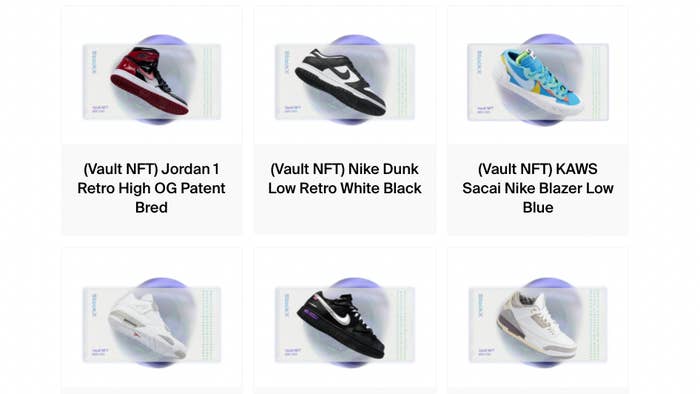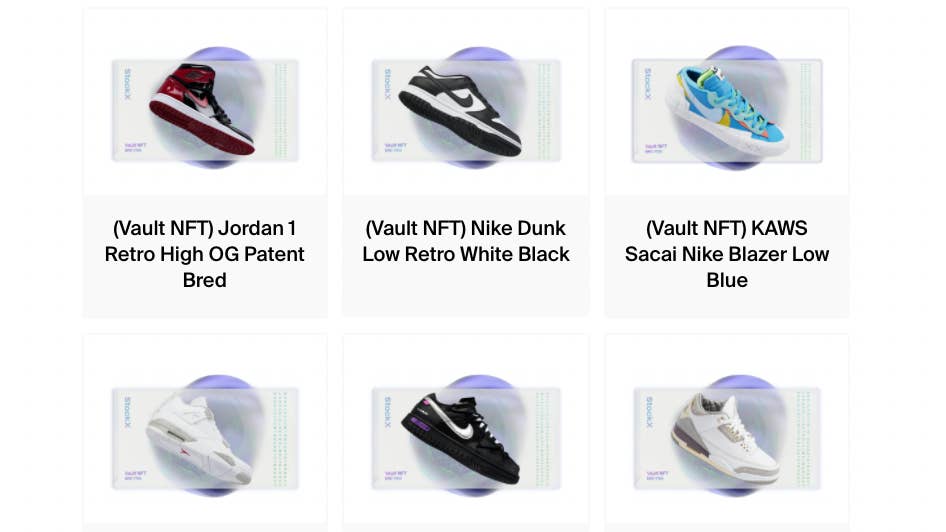
The legal saga between StockX and Nike continues this week as the Detroit-based company made an amended legal filing to the sportswear brand’s lawsuit against them.
In February, Nike filed a lawsuit against StockX alleging trademark infringement with the sales of its “Vault” non-fungible tokens of Nike sneakers. The resale giant responded to the litigation in March by calling it “a baseless and misleading attempt to interfere with the application of a new technology to the increasingly popular and lawful secondary market for the sale of its sneakers and other goods.” Last month, Nike amended its original complaint against StockX, adding that it had purchased four counterfeit pairs of Air Jordan 1s through the marketplace between December 2021 and January 2022.
In a document filed earlier today, StockX doubled down on the confidence it has in its authentication process, stating that it has invested millions of dollars into authentication and has employed over 300 authenticators across eleven authentication centers around the globe. StockX also stated that Nike has expressed confidence in its authentication in the past and hadn’t shown any concern about the process, despite prior opportunities to do so.
StockX also responded to Nike’s claims about allegedly acquiring the four counterfeit Air Jordan 1s from the marketplace and how the timing of Nike’s new allegation about the counterfeit sneakers is suspicious when the original lawsuit was against StockX’s NFTs.
StockX further explained in the amended filing that its Vault NFTs are not “virtual products” or digital sneakers but are instead tied to a specific physical product that has been authenticated by StockX. According to the marketplace, the NFT merely serves as a “key” to the product, which allows the owner to sell or trade the item in the future without incurring additional transaction costs, delays, or possible damage or loss associated with shipping physical sneakers to StockX and then to the final recipient.
“StockX was built to make the secondary market safer and more efficient for consumers. We have invested millions of dollars to fight the proliferation of counterfeit goods and today have one of the most rigorous authentication processes among marketplaces. In addition, we continue to innovate for our consumers so that they can have access to the products they love in tech-forward ways, like our Vault NFT program,” Scott Cutler, StockX’s CEO, said in a statement.

